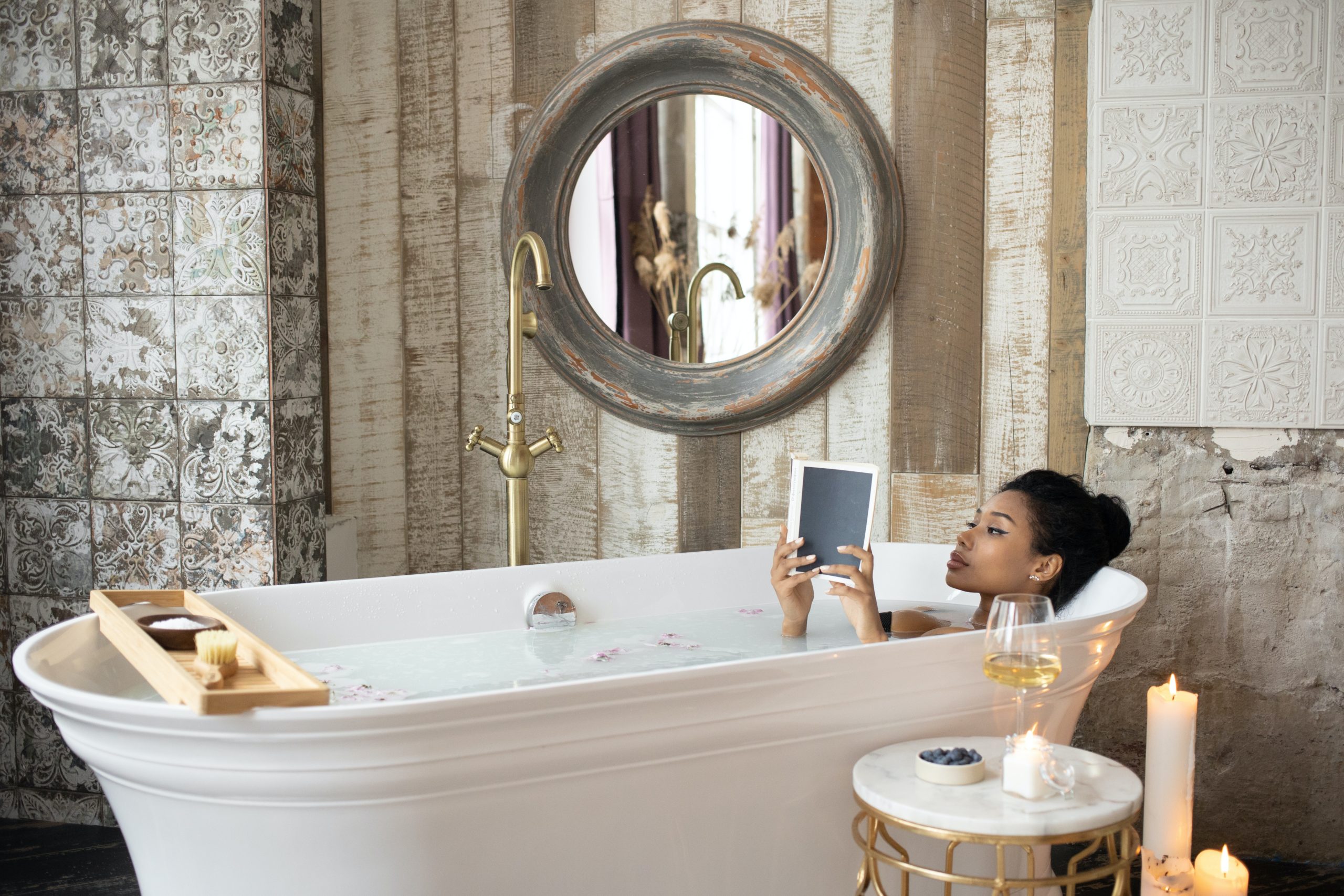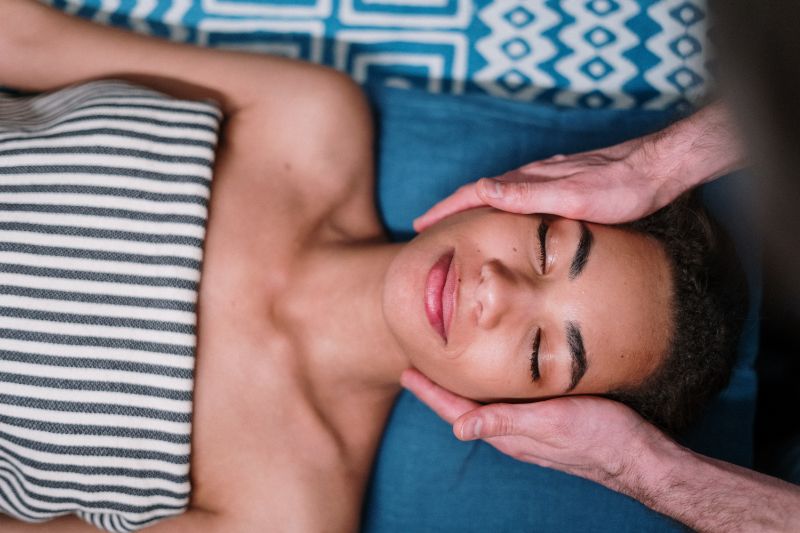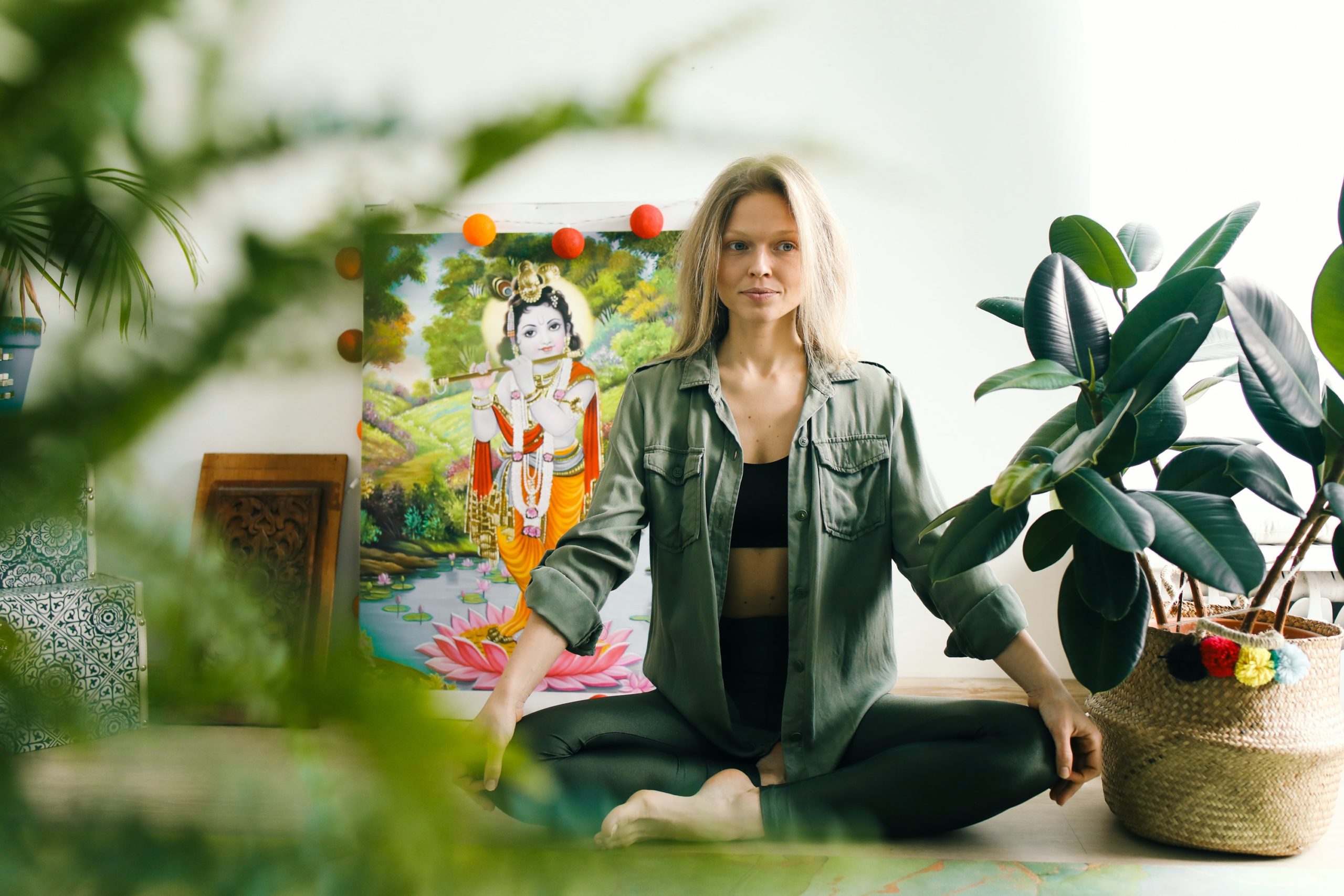
The long days and endless chores take their toll on women’s health, with studies pointing to the fact that women are twice as likely as men to suffer from sleep disorders, chronic fatigue, obesity, depression, and other health issues.
In this article, we explore research on women’s fatigue, and why women should change the way they look at self-care, convincing them that it’s not a selfish thing to do at all. We also cite expert advice on how women can practice self-care in a healthy and consistent way.

Women’s Fatigue is Real
In a Women Journal (2021) review entitled “The Intricate Web of Fatigue in Women”, the author Bryan J. Mathis writes extensively about women’s fatigue, surveying each realm or area of fatigue in women. The areas are social, psycho-social, physical, medical and financial.
According to Mathis, these are a “dense web of interrelated and linked variables” that shift, adapt, and overwhelm a woman’s homeostatic capacity or stability, making it close to impossible for women to attain a holistic and balanced life.
To rub salt into the wound, women are further subjected to unrealistic standards of beauty, and are told that they can have it all. A deep dive into this subject reveals that in fact, most women can’t.
When women are not able to fulfill the various roles in a graceful and proper way, Mathis says, women are often faulted, instead of the root causes.
Besides women’s fatigue being regarded as an existing health issue in our society, studies show that women are more exhausted than men.
The Centers for Diseases Control and Prevention in a 2013 survey discovered that women in the U.S. aged 18 to 44 are twice as likely as men in the same age group to feel frequently tired and exhausted.
In Australia, the federal Department of Health found that women are 1.6 times more likely to have coexisting mental and physical illnesses than men.
When chronic stress and extreme fatigue are not addressed properly, these mental ailments can manifest into physical ailments, such as heart disease, obesity, diabetes, stroke and cancers.
How can women thrive and attain better health when every day, they are placed under a tremendous strain in the face of a rapidly-changing society?
Experts say, the answer is simple. Women need to learn how to be kinder to themselves, and not feel guilty about it.

The word on self- care
Self-care has become a major buzzword in the 21st century. In the Internet, articles about self-care are abundant, while there are more than 15 million #selfcare posts on Instagram ranging from tea time to mani-pedis. Without reducing self-care to mere indulgences, let’s look at the core definition of self-care.
Self- care, according to the World Health Organization, “is the ability of individuals, families and communities to promote health, prevent disease, maintain health, and to cope with illness and disability with or without the support of a healthcare provider.”
The key words here are disease prevention and health promotion, and according to experts, the ways to attain this do not have to be lavish and expensive, or indulgent. It is simply a matter of perspective. Women have to stop putting themselves last, or making themselves the last priority.

You can’t pour from an empty cup
Dr. Lee Mey Wong, a GP with Jean Hailes for Women’s Health, Australia, likens self-care to putting an oxygen mask on yourself before helping others.
Like the saying “you can’t pour from an empty cup,” women have to take care of their health and well-being first, so they have the energy to fulfill all the other roles they play. Another way of seeing it is: how can you care for others when you do not take care of yourself first?
Self-care is not selfish
Because women have been conditioned to be selfless martyrs, a lot of them tend to feel guilty about having to prioritize themselves.
This women’s month, we’re urging women to change this: making your well-being a priority is not selfish, it’s smart.
There are many ways women can practice self-care. It really depends on one’s personality, preferences, and passions — whatever relaxes and makes you feel good.
But here are three basic self-care principles that women can refer to.

1. Be kind to yourself.
We’ve been hearing this a lot, but what does this really mean?
Maria Hach, a senior policy advisor at the Multicultural Centre for Women’s Health, Australia explains: “treat yourself like you would treat a dear friend. Taking small steps to stay connected and doing things that we enjoy, walks with somebody else, meeting for a meal in a park, talking to someone who we trust.”
2. For every care task you do for a loved one, do an equivalent self-care activity for yourself.
Taking care of your baby? After giving her a bath, feeding her or putting her to sleep, sit on your favorite chair and drink tea, or watch an episode of your favorite K-drama.
Sounds impossible? Before dismissing this idea, try it first, and see how it could work wonders for your health and well-being.
3. Self-care need not be indulgent. Do the simple EEQ.
EEQ means exercising, (healthy) eating, and quitting vices that harm your body, such as smoking and alcohol.
Self-care need not be expensive, like going to the spa, and buying expensive things. It can be as simple as walking around your neighborhood for a breath of fresh air, or watering your plants.
Experts also emphasize the importance of having a routine. Routines promote health and wellness through structure and organization. Once you develop a routine in your daily life, then the tasks and balancing acts, including self-care activities, will start to run like clockwork.
Of course, do not forget to visit your general practitioner or Ob-Gyn regularly. This will not only reduce stress and uncertainty, but could save your life!
Ultimately, these small and simple steps will benefit a woman’s health and well-being significantly.
Did you benefit from this article? Know a friend who needs to understand self-care better? Share this article with her. Happy Women’s Month!
Tags
https://www.womenshealthmag.com/health/a19946754/why-are-women-more-exhausted-than-men/
https://www.sbs.com.au/language/english/women-s-health-week-how-to-include-self-care-in-your-daily-routine
https://www.npr.org/sections/health-shots/2013/04/11/176936210/annals-of-the-obvious-women-way-more-tired-than-men
Mathis, B. The Intricate Web of Fatigue in Women. In Women Journal 2021 (1). 267-269.



0 Comments